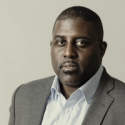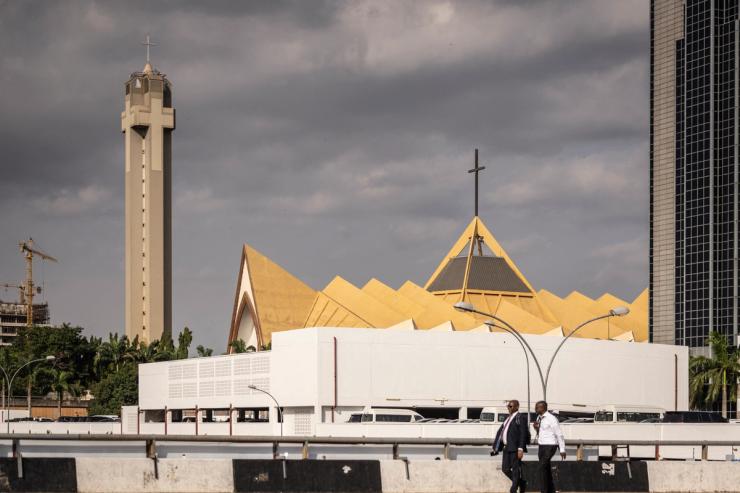For years, conservative media in the US have circulated stories claiming Nigerian Christians are being persecuted and killed with government complicity. The narrative contains fragments of truth: Christians have indeed suffered amid the country’s decade-and-a-half-long Islamist insurgency. But in a nation roughly split mostly between Muslims and Christians, communities in the predominantly Muslim north have by most accounts faced equal or greater violence.
Now, Abuja is growing uneasy as Republican lawmakers bring the issue into Washington’s mainstream. US Senator Ted Cruz last month introduced a bill to “protect Christians and other religious minorities” by imposing sanctions on Nigerian officials accused of “facilitating” jihadist violence. Representatives Riley Moore and Chris Smith have called for Nigeria to be redesignated as a Country of Particular Concern (CPC) over religious repression. Even comedian Bill Maher has weighed in, much to the irritation of the Tinubu administration.
This debate has precedent. In 2018, during US President Donald Trump’s first term, then-Nigerian President Muhammadu Buhari pushed back on allegations of anti-Christian violence during his White House visit. Nigeria was later labeled a CPC in 2020, a move the Biden administration reversed.
But this time it’s different, everything has been turned up to 11. Officials in Abuja fear a second Trump administration could revive the CPC designation and go further, with punitive tools like immigration limits, new tariffs, and sanctions for officials.
Publicly, Nigeria is putting on a brave face, as my colleague Alexander Onukwue explores in his interview with Nigeria’s foreign minister. But as one person familiar with discussions in Abuja told me of Nigeria’s stance: “There’s a sense of helplessness.”



